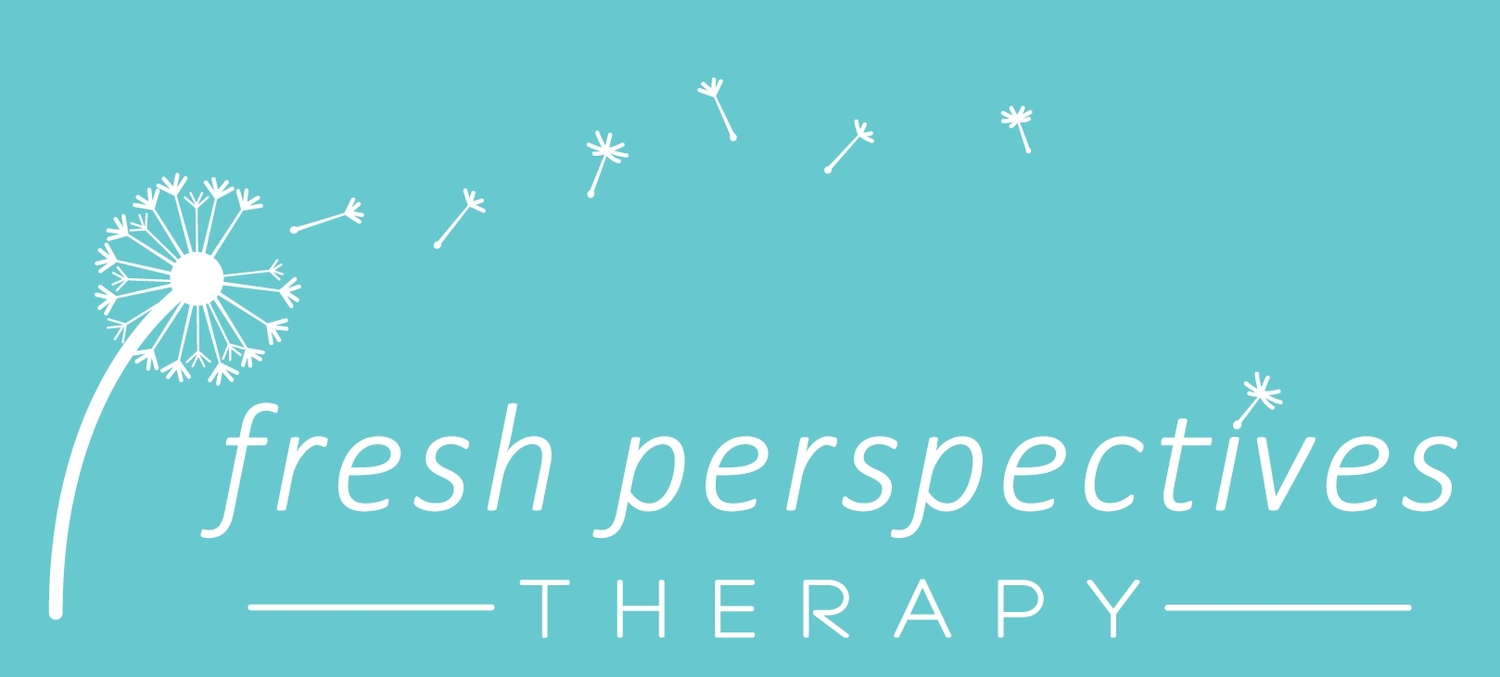It's something we all pretty much know by now. You should eat your veggies and exercise regularly. Although it's not groundbreaking that healthy choices like exercising consistently improve the health of our bodies, it's important for us to remember that exercising is so important for the health of your brain and general emotional health too!
Photo by "Fit Approach" used with CC License 2.0
Stress Relief & Self-Care
Exercise is one of the top recommendations I make for my clients to include in their self-care routine. Yes, bubble baths are nice and relaxing, but ramping up your heart rate in a sweaty workout actually has more benefits for dealing with stress.
When you exercise, the concentrations of norepinephrine in your brain increase. Norepinephrine is a hormone and neurotransmitter secreted during times of stress. According to this article by the American Psychological Association, it is posited that increasing the norepinephrine in your brain through regular exercise allows your body to practice handling stress and therefore improves its ability to do so. When we become less active, our body becomes less efficient at responding to stress.
Anxiety & Depression
When we exercise, our bodies release endorphins, which are responsible for what is referred to as exercise-induced euphoria. Having this kind of experience daily as a result of exercise can enhance our general sense of well-being. That paired with the enhanced ability to cope with stress can help provide relief from symptoms of depression and anxiety.
Exercising also puts you in a state where you are more focused on what you need to make your body do rather than the million thoughts that run through your mind all the time. In short, exercising forces you into a state where you are more mindful of the present moment (check out my other articles to learn more about the benefits of mindfulness).
Brain Performance & Health
Many studies support that cardiovascular exercise can help generate new brain cells, a process called neurogenesis, which improves the brain's functions of learning and memory. Exercise-inducted neurogenesis has also been supported as helpful in preventing or reducing the impacts of neurological disorders related to cognitive decline, such as Alzheimer's disease.
On top of this, physical exercise has long been linked with improvement in your brain's ability to focus, as well as learn and remember. As such, physical exercise is often encouraged as a part of treatment for individuals diagnosed with Attention Deficit Disorder (ADD). It's also just helpful in performing better in school, work, and everyday interactions!
Socializing & Confidence
Socializing with others is an important aspect of living an emotionally healthy life and exercising is a great way to meet new people. Whether you're a regular in fitness classes (CrossFit, Barre, spin class, Zumba, yoga, etc.), using equipment at your local gym, or going for walk around your neighborhood, engaging in exercise increases your chance of seeing other people and maybe even exchanging a smile, boosting your mood. Working out with others quickly builds a sense of camaraderie and community, decreasing inhibitions we may experience in other kinds of social interactions.
Improved senses of self-confidence and self-esteem are well-supported benefits of exercise. When you exercise, regardless of the activity, your age, or your weight, you start setting goals for yourself. If you stick with it, you'll undoubtedly start to watch yourself achieve them, set bigger ones, and feel more accomplished and capable in general.
Exercise isn't just helpful at making your clothes fit better and the number on the scale go down. It's a vital part of maintaining your mental health, too. So if you're starting to feel yourself slide on any fitness or health-related goals set at the beginning of the year, try not to worry or give up. Just get back in those stretchy pants and move your body!



